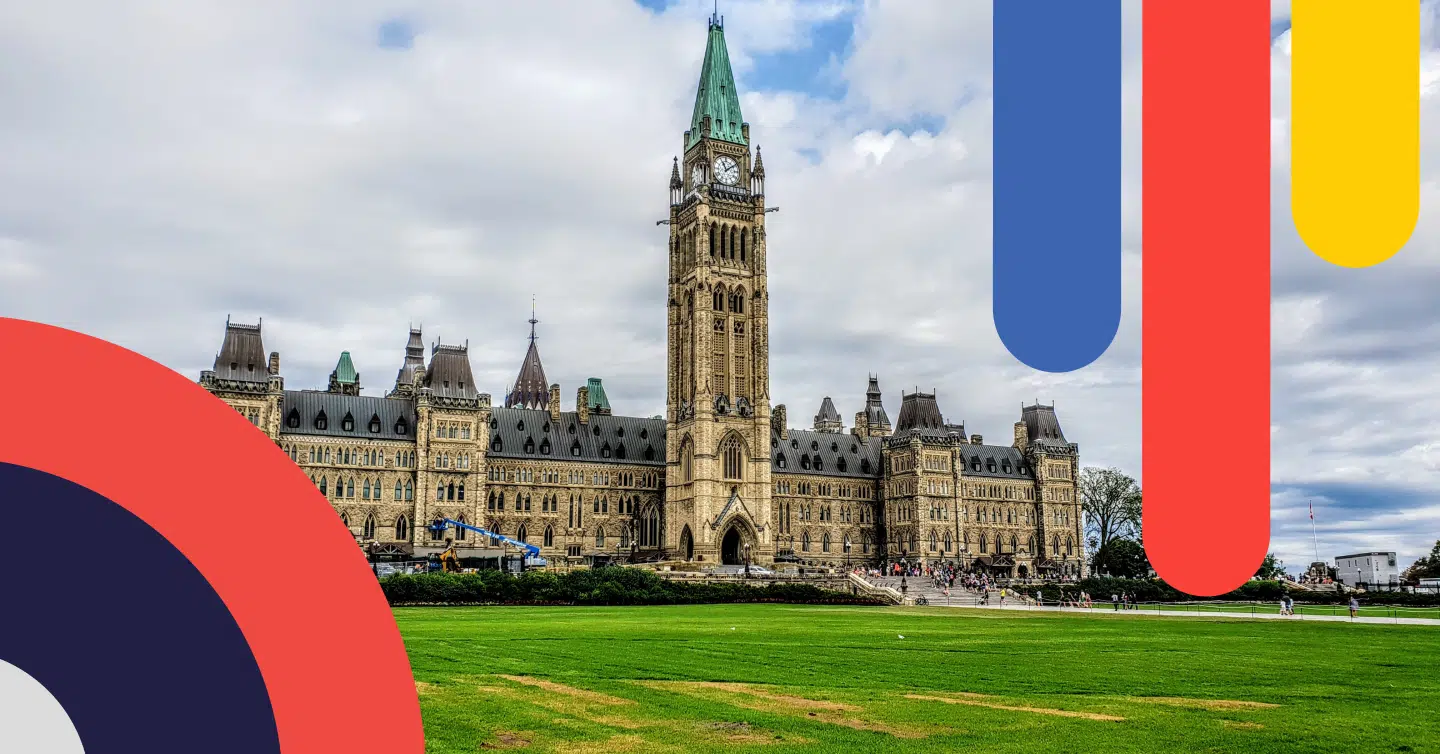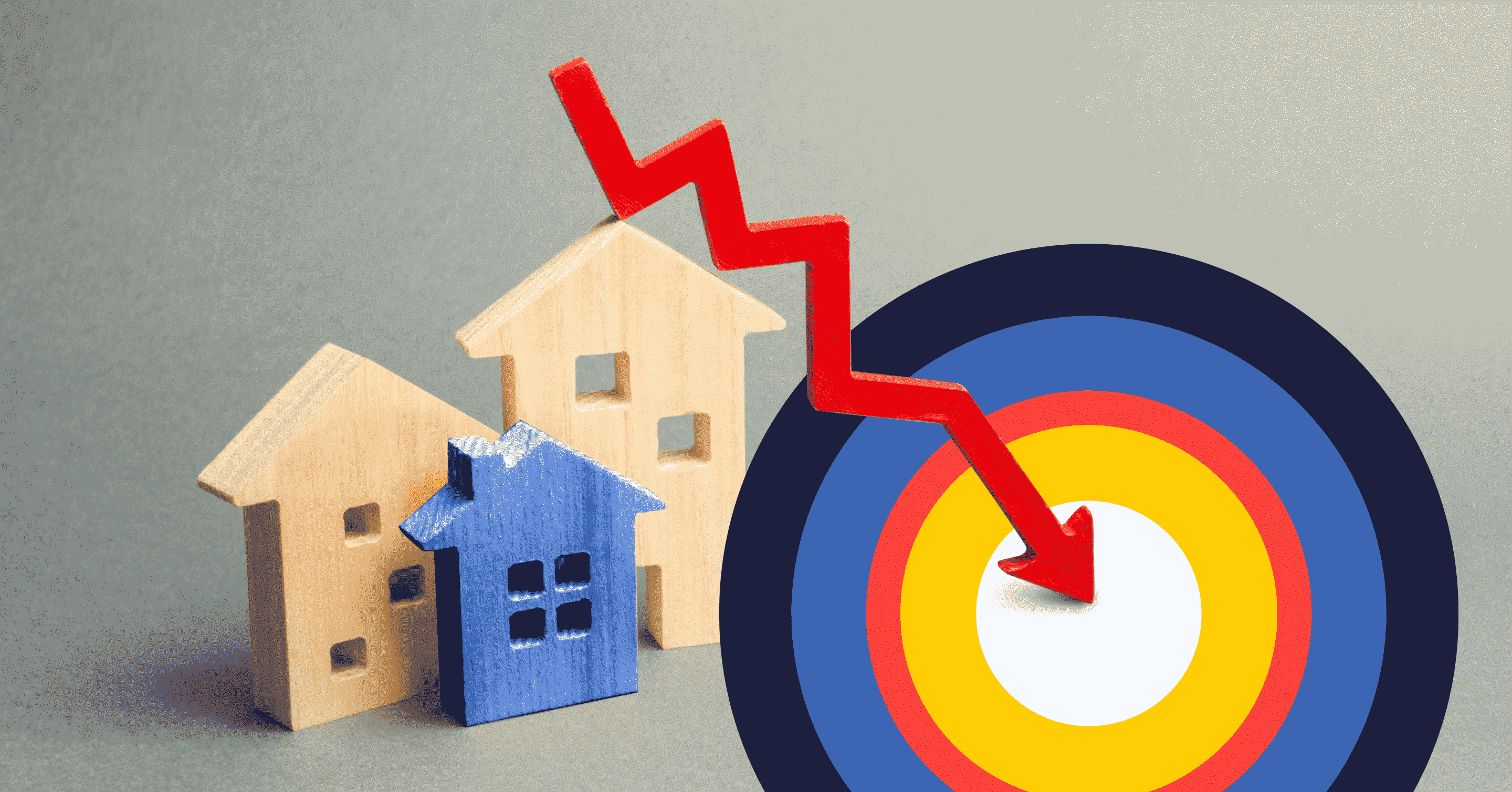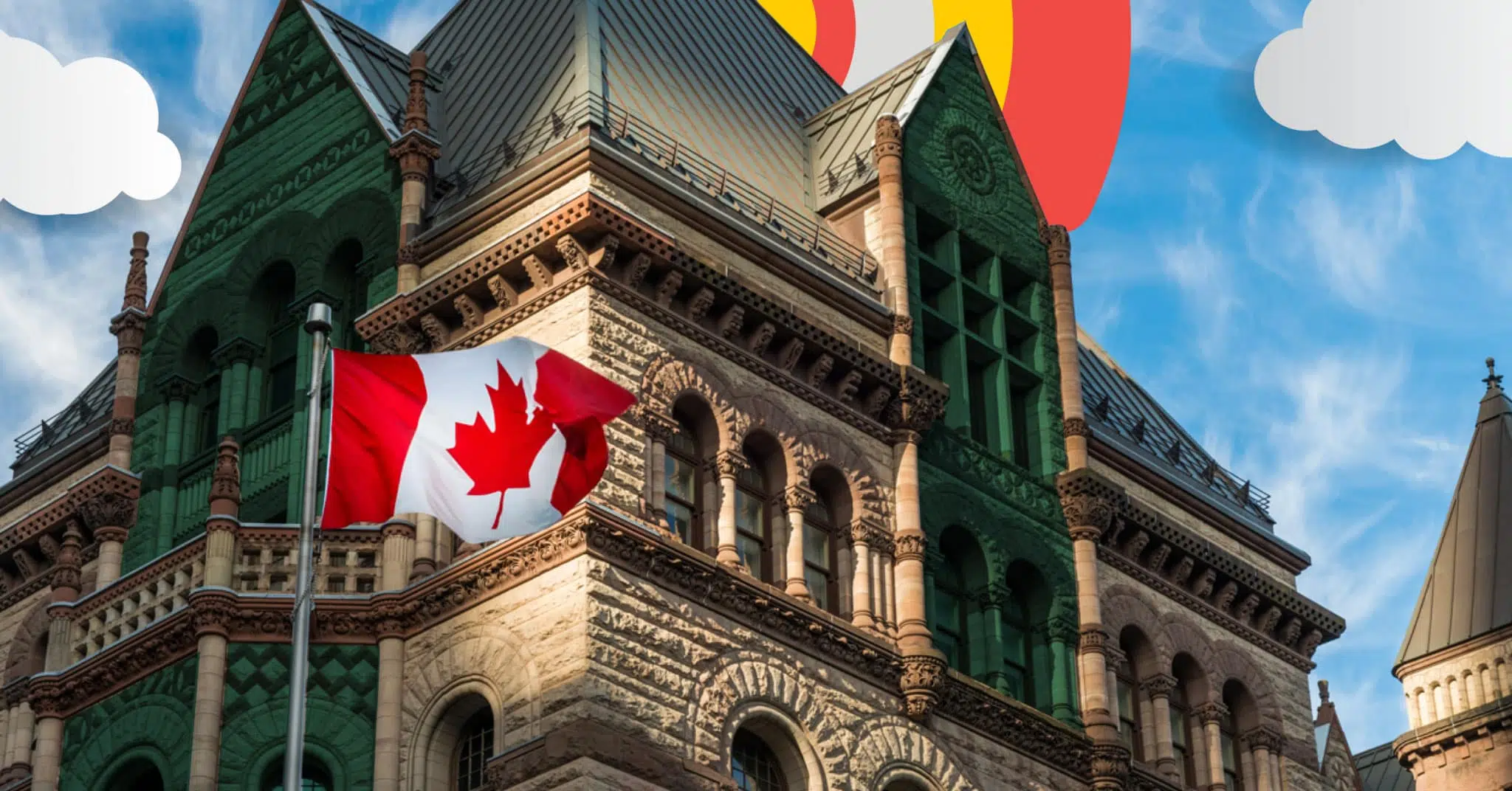Real Estate #Featured articles
Real Estate #Featured articles
Foreign Buyer Ban and Anti-Flipping Rules in Canada

Table of contents
Home prices in Canada have skyrocketed, particularly in large cities like Toronto and Vancouver, leaving Canadians scrambling to find affordable places to live. In response, the Canadian government launched several initiatives, including anti-flipping tax rules and a foreign buyer ban, to create more accessible and affordable housing solutions and address the pressing issue of housing affordability.
Key Takeaways
- Residential properties sold for a profit within 365 days of purchase are taxable as business income.
- Some exemptions apply for both the anti-flipping tax and the foreign buyer ban.
- The foreign buyer ban is set to expire in 2027.
What Is the Anti-flipping Tax in Canada?
The anti-flipping tax on residential properties was designed to ensure that profits from flipped properties are fully taxable as business income. A flipped property is any real estate purchase in which the buyer intends to resell it within a short timeframe to earn a profit. This rule applies to any transaction occurring on or after January 1st, 2023.
If you purchase a residential home and resell it in less than 12 months after purchase, it is considered flipped. The anti-flipping tax also applies to assignment sales on new builds if the rights to purchase the property are assigned in less than 12 months.
Any profits from the sale of a residential property owned for less than 365 days will be taxed as business income rather than capital gains. This means the profits from the sale will be ineligible to be taxed at the capital gains rate and cannot be exempt under the principal residence exemption even if the home was used as your principal residence before the sale.
Are There Exceptions to the Anti-flipping Rule?
The anti-flipping tax does not apply to buyers who own the property for 365 consecutive days or more. Additionally, some life events may exclude you from having the profits taxed as business income if you sell before a year of ownership. These include:
- death of the taxpayer or a related person
- a related person joining the household or the taxpayer joining a related person’s household
- breakdown of marriage or common-law partnership of the taxpayer (if living apart for at least 90 days before the disposition)
- threat to personal safety (e.g., domestic violence)
- disability / serious illness of the taxpayer or a related person
- eligible relocation of the taxpayer or their spouse or common-law partner (e.g., work relocation or to attend full-time post-secondary education)
- Involuntary termination of employment of the taxpayer or their spouse or common-law partner
- Insolvency of the taxpayer (due to debts)
- destruction/expropriation of the property (e.g., natural or man-made disasters)
What Is the Principal Residence Exemption?
The principal residence exemption allows you to eliminate or reduce the amount of capital gains tax paid on the sale proceeds. If you owned the home and resided in the home as your primary residence for the entire time, you will be exempt from paying capital gains tax on the sale proceeds. However, if the home was not your primary residence at any point during your ownership, the time it was not considered your primary residence will be taxed as capital gains.
Find a better rate, and we’ll match it, beat it, or give you $500*.
*Conditions Apply
With nesto, it’s stress-free
What Is the Foreign Buyer Ban?
The Prohibition on the Purchase of Residential Property by Non-Canadians Act prohibits those who are not Canadian citizens or permanent residents and corporations and entities not listed on a stock exchange in Canada and controlled by non-Canadians from purchasing residential property in Canada. The ban, which came into effect in 2023, was set to expire on January 1st, 2025. However, the ban was extended an additional 2 years and now expires on January 1st, 2027.
Are There Exceptions to the Foreign Buyer Ban in Canada?
The ban does not apply to Canadian citizens, permanent residents, or temporary residents who meet the exception criteria. Additionally, amendments to the act allow non-Canadians to purchase a home despite the ban in certain circumstances.
The prohibition does not apply to vacant land, commercial properties, or multi-unit properties (4 or more dwelling units). Additionally, it does not apply to residential properties outside a Census Metropolitan Area (CMA) or a Census Agglomeration (CA).
Frequently Asked Questions on Canada’s Anti-Flipping Rules and Foreign Buyer Ban
How much could flipping a home cost me?
The gains on the sale proceeds will be treated as business income in the year they are earned. As business income must be claimed at 100% of the profit earned from the sale, this will be added to your annual income and taxed based on your marginal tax rate. This will make it twice as costly compared to how capital gains are taxed.
For example, if you sold a home 6 months after purchasing it and made a $100,000 profit, under the anti-flipping rules, you must claim $100,000 as business income taxed at your marginal tax rate. If it were taxed as capital gains, you would only be required to claim and pay taxes on $50,000 (50%).
Can a foreigner buy a house in Canada during the foreign buyer ban?
Yes, there are some exceptions to the foreign buyer ban. Temporary foreign workers, international students, and status refugee claimants can purchase homes even if they hold a foreign passport or citizenship. Additionally, foreign buyers can purchase homes outside of Census Metropolitan Areas (CMAs) and Census Agglomerations (CAs).
Can I still buy a house in Canada as a new immigrant?
As a new immigrant to Canada, you can buy real estate here. If you intend to purchase a home within the first 3 years after arrival in Canada, you will need additional authorization from Immigration, Refugees and Citizenship Canada (IRCC). Furthermore, even if you receive authorization from IRCC, restrictions may still be placed on your purchase based on your province’s rules regarding foreign ownership of residential real estate. You can find more information about this authorization process on IRCC’s website.
Final Thoughts
Are you considering buying or selling a Canadian property? If so, you need to know about the restrictions in place for foreign buyers, the implications of house flipping, and how these regulations may affect your buying and selling plans. An income tax specialist or a real estate lawyer can provide professional advice on how these restrictions could affect your plans.
Contact nesto mortgage experts to learn how to finance your homeownership strategy.
Ready to get started?
In just a few clicks, you can see our current rates. Then apply for your mortgage online in minutes!















